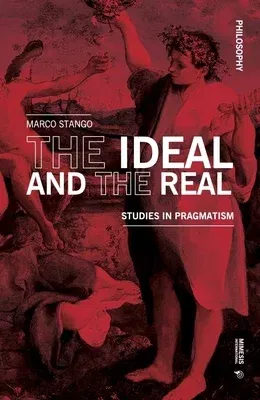Marco Stango
(Author)The Ideal and the Real: Studies in PragmatismPaperback, 30 April 2023

Qty
1
Turbo
Ships in 2 - 3 days
Only 2 left
Free Delivery
Cash on Delivery
15 Days
Free Returns
Secure Checkout

Part of Series
Philosophy
Print Length
180 pages
Language
English
Publisher
Mimesis
Date Published
30 Apr 2023
ISBN-10
8869774120
ISBN-13
9788869774126
Description
Product Details
Author:
Book Format:
Paperback
Country of Origin:
US
Date Published:
30 April 2023
ISBN-10:
8869774120
ISBN-13:
9788869774126
Language:
English
Pages:
180
Publisher:
Series: